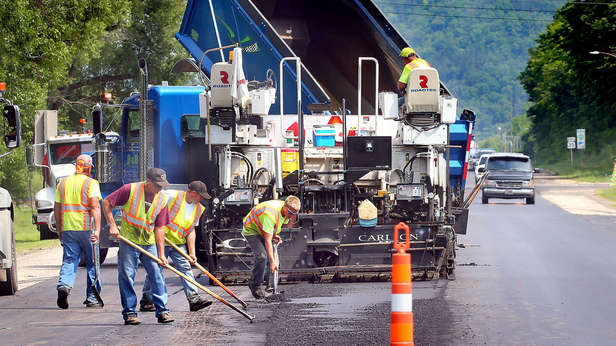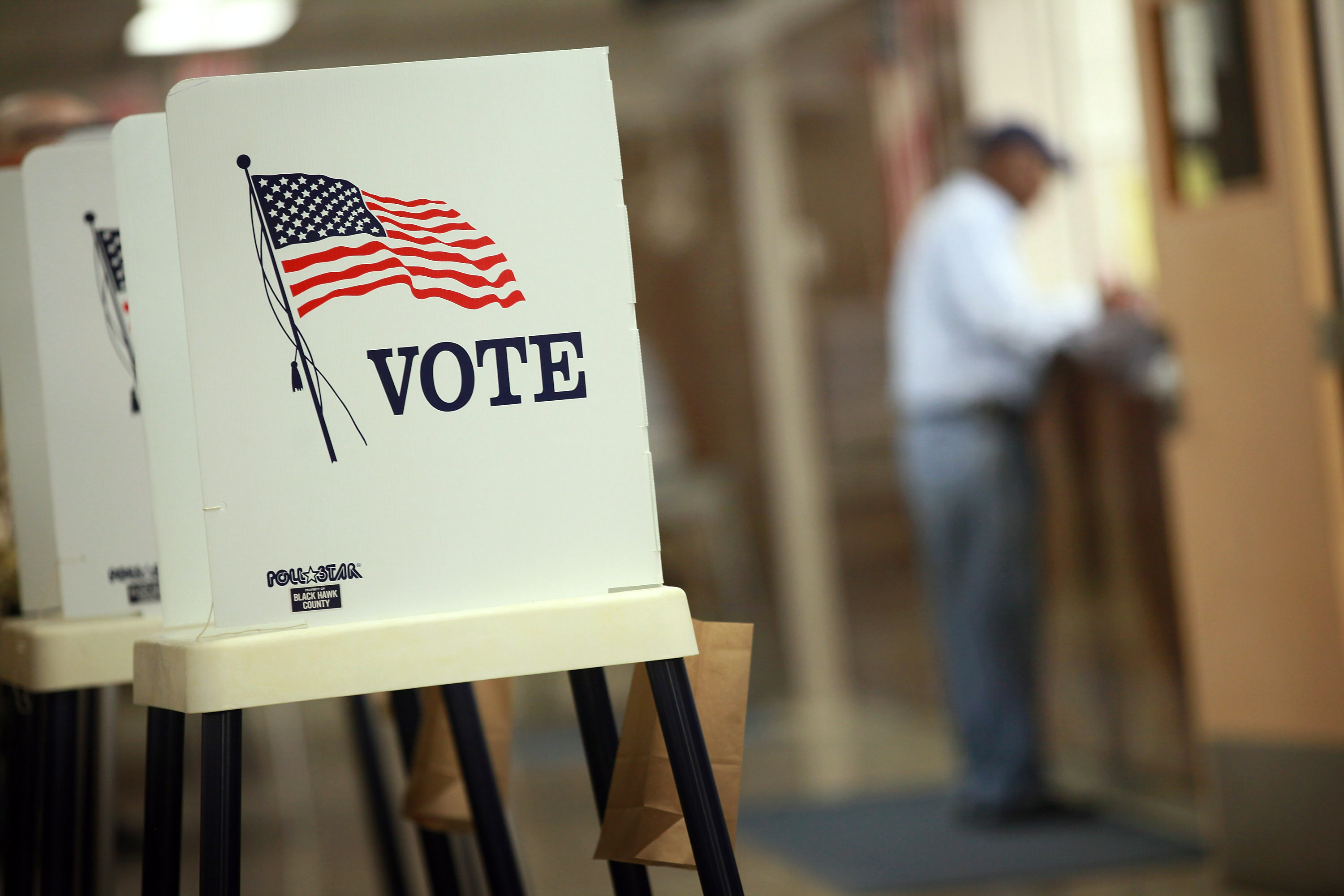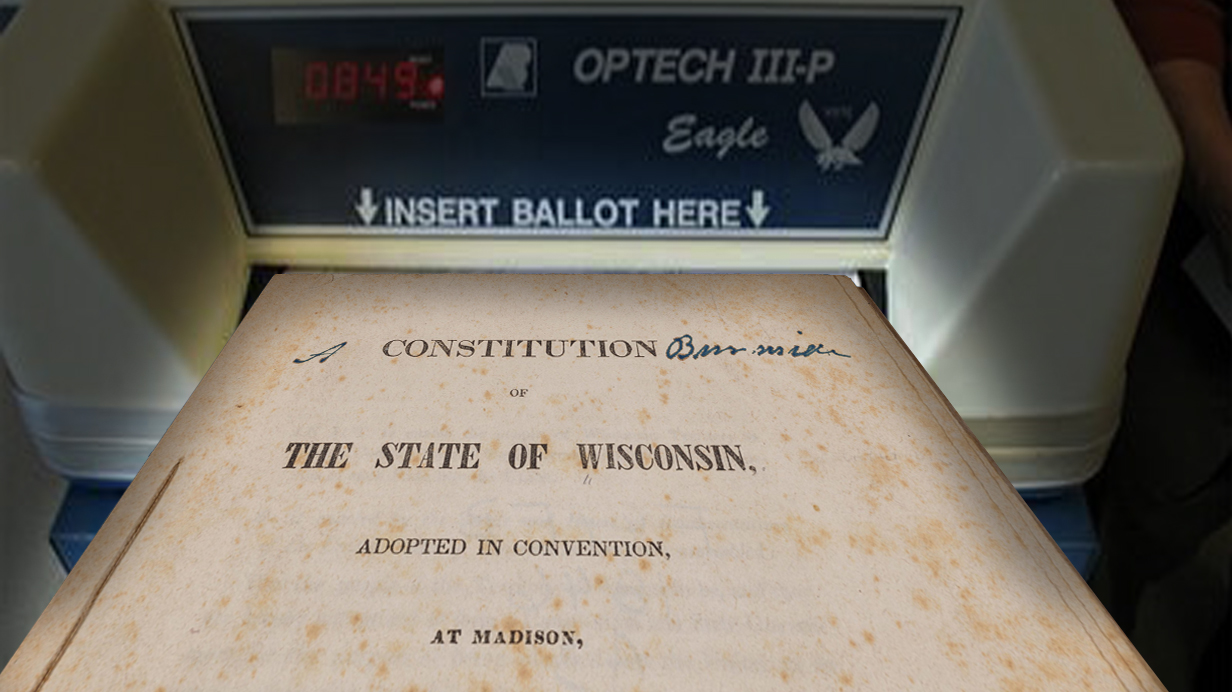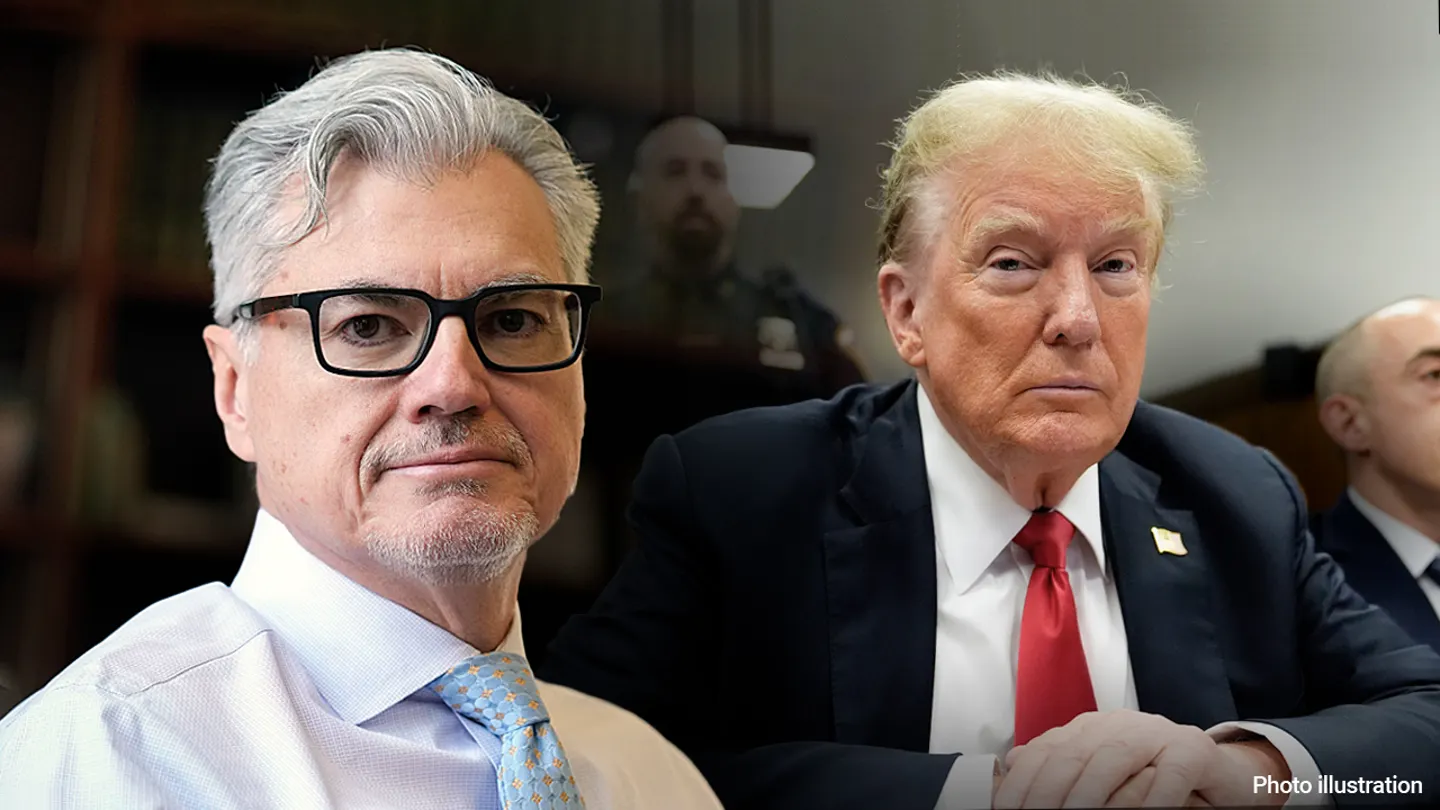
A MacIver Analysis By Bill Osmulski
The Legislative Fiscal Bureau recently completed its analysis of Governor Walker’s budget proposal, which will be the Joint Committee on Finance’s starting point when it begins work on the budget next week. Transportation will be the center of controversy during the budget debate, and it’s expected many decisions will be decided based on their potential impact to road funding.
Under Walker’s budget, the Department of Transportation would receive $5.9 billion in all funds over the biennium. That’s a 6.4% increase from the current budget, or $359 million.
Part of the increase will come from an increase in federal highway aid, which is expected to come out to an extra $136 million.
On the other side of the equation, however, is bonding. The governor wants to decrease new bonding from $805 million in the current budget to $500 million. This decrease is important given the current trend with DOT’s debt service payments, which are steadily increasing and eating up a greater portion of its budget. In 2015-16 it was $340.8 million. In 2018-19, it’s expected to be $413.4 million. That will take up 22 percent of its transportation fund spending. (By the way, that percentage doesn’t include federal aid, bond revenue, or transfers from other funds).
Despite the overall increase of $359 million in transportation spending, there are those who say that is not enough; not by a long shot. Their main area of concern is the State Highway Program.
Governor Walker wants to decrease over spending for the state highway program by $289 million, a 10.4 percent change. That is mostly due to decreased bonding for the Southeast Wisconsin megaprojects.
Right now there are two SE Wisconsin Megaprojects that have been enumerated: the Zoo Interchange and the I-94 North-South Freeway. Walker’s budget provides $121.9 million for them: $31 million for the I-94 project and $90.9 million for the Zoo Interchange. Walker says he can do this without any delays on projects currently underway.
His opponents say that level of spending is not enough, and argue the state needs to raise the gas tax to boost funding. They’ve built their argument on a supposed billion-dollar deficit in the transportation fund, which the MacIver Institute debunked earlier this month. Their efforts have also been frustrated by the results of a recent state audit that focused on the highway program. It uncovered enough examples of inefficiencies, incompetence and illicit behavior at the DOT to convince some lawmakers not to support any additional funding until the new DOT secretary can clean house.
The Senate Committee on Transportation and Veterans Affairs just recommended Dave Ross’s appointment as DOT secretary on March 16th. Although not yet confirmed, he’s been in charge at DOT since the beginning of January. Ross believes revenue is not the DOT’s problem. He says the main problem is spending and that the DOT has taken on more projects than it ever complete in a reasonable timeline. He has committed the DOT to adopt all the recommendations found in the audit.
.@wisconsinDOT Sec Ross says the Feds threatened WI over having too many projects going on at once. #WIpolitics #WIright pic.twitter.com/XzzYGyqXKS
— MacIver News Service (@NewsMacIver) March 16, 2017
In an effort to explore one potential efficiency, Walker is proposing a pilot program concerning the DOT’s bid process. Right now, the DOT works with consultants to plan projects, and then bids out the construction phase separately. Walker’s budget would authorize a pilot program to see if it makes sense to let the consultants that plan the project also execute it, providing they meet certain requirements.
One of the areas Governor Walker points to when he talks about boosting transportation spending is local aids. His budget would increase county aid by $15.9 million, municipal aid by $14 million, and the local roads improvement program by $14 million. Part of this increase will come from a permanent transfer of funds from the Petroleum Inspection Fund, which is a 2 cents per gallon tax and will raise an estimated $19 million annually during the biennium.
That increase to the Local Roads Improvement Program (LRIP) represents a 25.2 percent boost. The LRIP is a grant program to help local communities pay for capital projects. Currently, grants can cover up to 50 percent of the cost. Walker wants to change that to 60 percent. The total boost in funding to the program would be $14 million, a 25.2 percent increase from last budget.
Under the governor’s budget, there would be no change to mass transit funding, but Milwaukee County would be getting new buses from the $26 million Volkswagen Settlement.
Walker’s DOT budget includes a pretty significant change to the DMV that will directly affect every driver in the state. He wants the department to send renewal notifications to drivers by email. This would not be a complete replacement for traditional notices, and people would have to request the email service.
Finally, Governor Walker wants to do some department streamlining with this budget too. He’s proposing moving the DOT’s human resources functions, an accountant, and an IT position to DOA.
The Joint Committee on Finance is expected to begin agency briefs during the last week in March. That will be the JFC’s first opportunity to ask the DOT directly about these proposals.




